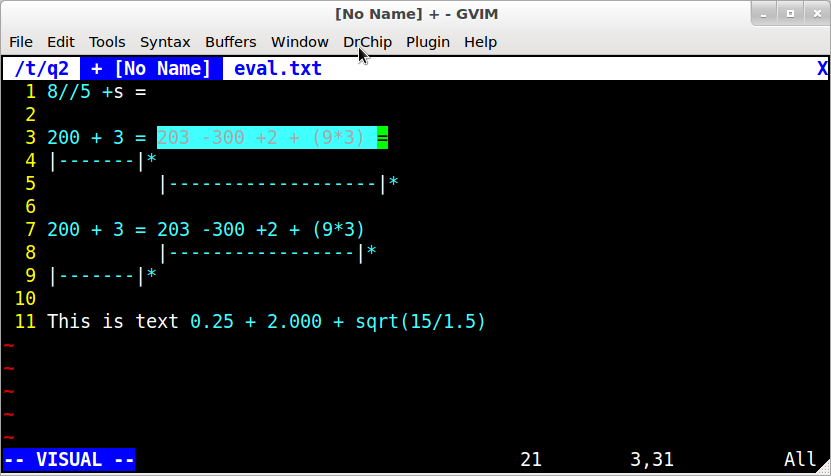A regex that comes close in pure vim is
\v\c((((sqrt|log|sin|cos|tan|exp)?\(.{-}\))|(-?[0-9,.]+(e-?[0-9]+)?)|([-+*/%^]+))\s*)+
There are limitations: subexpressions (including function arguments) aren't parsed. You'd need to use a proper grammar parser to do that, and I don't recommend doing ...

